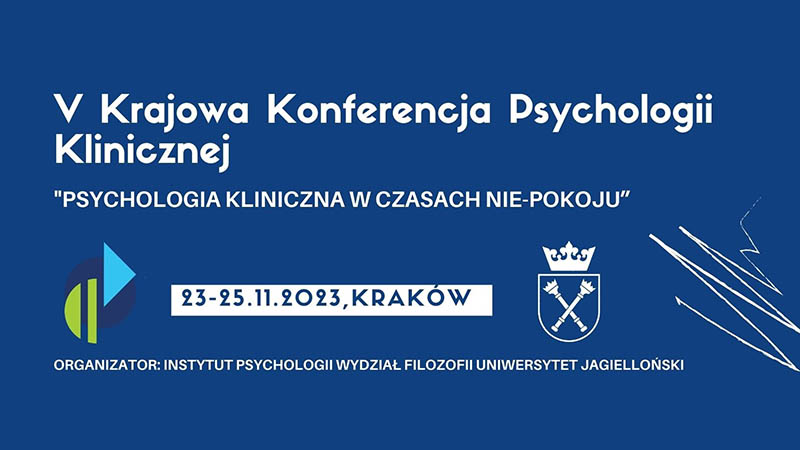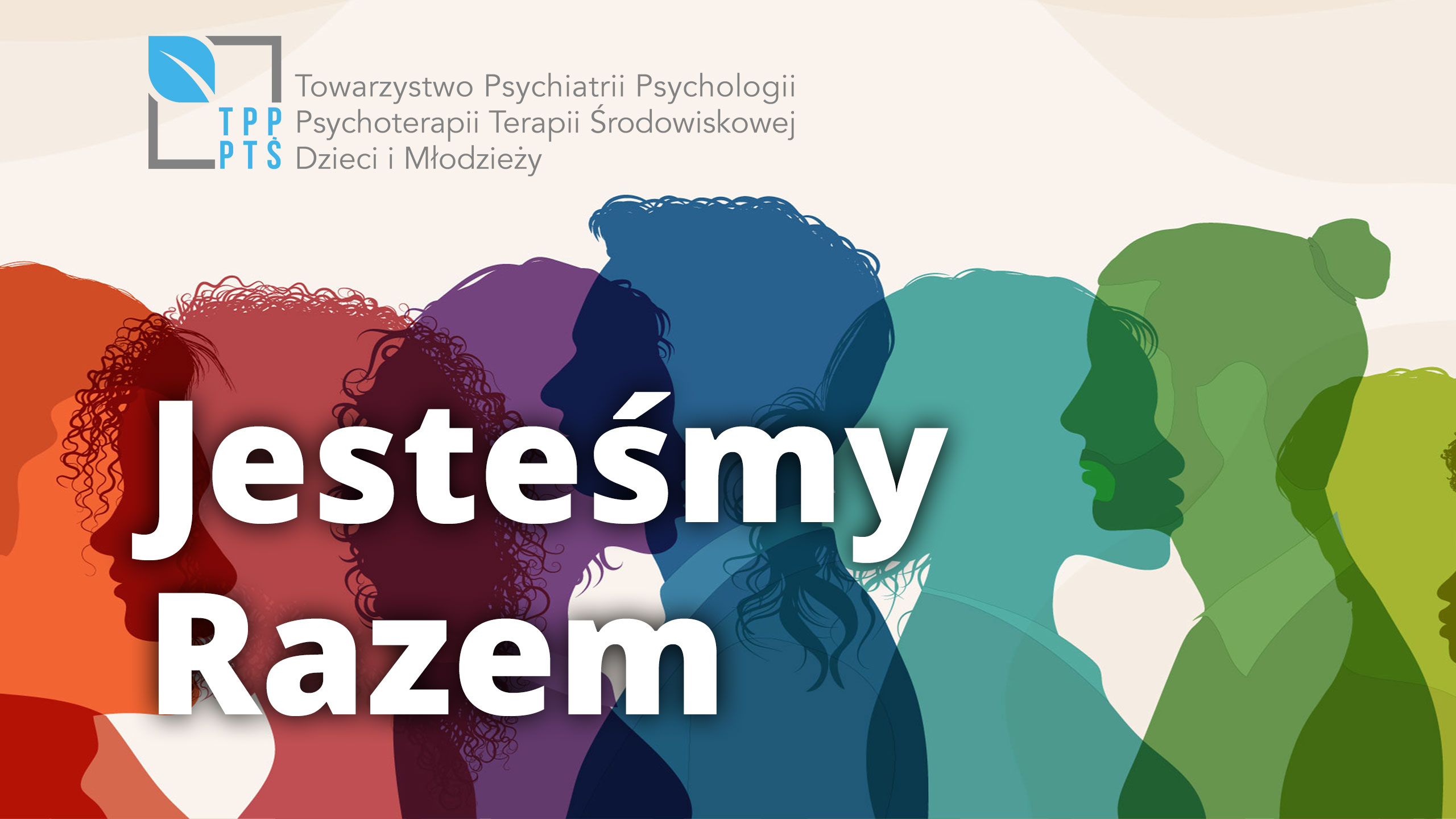Early support and early intervention as a support for the child and their family based on the biographies of parents of children with rare genetic diseases
Urszula Klajmon-Lech
 Affiliacja i adres do korespondencji
Affiliacja i adres do korespondencjiReceiving information on child’s disease or disability is a very difficult and often traumatic experience for the parents. Researchers investigating this issue indicate an array of negative parental emotional reactions such as: a sense of loss, loneliness, shock, mutual blaming, uncertainty, anxiety. Early intervention, understood as interdisciplinary services provided by physiotherapists, doctors, pedagogues, psychologists, and other specialists in the first years of child’s life, is equally needed by both children themselves and their parents, who, owing to the provided education and support, mature to the role of a parent-caretaker-therapist. The paper will address the results of a research conducted among parents of children with rare genetic diseases. The respondents shared their experiences associated with early intervention, assessed the quality of the received support as well as its effects on the child and the family. The study was conducted based on qualitative research methodology. I conducted narrative interviews with the mothers and fathers of children affected by rare chromosomal disorders. The analysis of narration focused on the experiences associated with implemented or non-implemented early intervention. Some of the parents of children with rare chromosomal syndromes had no opportunity to participate in early intervention; respondents in this group complained about specialists ignoring the reported problems and described disease symptoms as well as being involved in a “therapeutic pursuit” for a long time. The other group included parents participating in early intervention programmes. The experience of a rare disease increased their need to expand their knowledge on the disease and treatment options, which certainly presented a significant challenge for specialists. However, even in such a difficult situation it is possible to implement a model early intervention programme, as reported by one of respondents.















